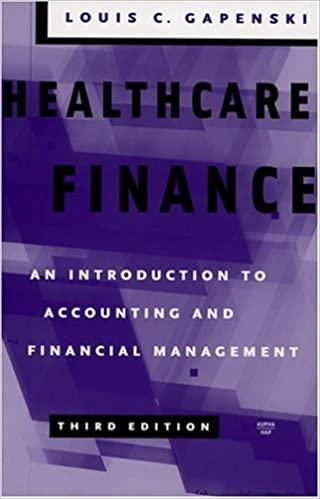A fairly priced unlevered firm plans to pay a dividend of $12 next year (t=1) which is expected to grow by -1% pa (note the
A fairly priced unlevered firm plans to pay a dividend of $12 next year (t=1) which is expected to grow by -1% pa (note the negative sign) every year after that. With this payout policy, the dividend in year 2 is expected to be $11.88 (=12*(1-0.01)^1), and so on. This dividend growth rate is the stocks capital return. The firm's required return on equity is 5% pa. The firm can be valued using the dividend discount model. The firm is thinking about increasing its future dividend payments by 10% by reducing spending on research and development projects which are expected to return 5% pa, and have the same risk as the existing projects. Therefore, next year's dividend will be $13.20. What will be the stock's new annual capital return (proportional increase in price per year) if the change in payout policy goes ahead? Assume that payout policy is irrelevant to firm value and that all rates are effective annual rates. The new capital return will be:
Select one:
a. -1.68% pa
b. -1.6% pa c. -1.1% pa
d. -0.9% pa
e. -0.5% pa
Step by Step Solution
There are 3 Steps involved in it
Step: 1

See step-by-step solutions with expert insights and AI powered tools for academic success
Step: 2

Step: 3

Ace Your Homework with AI
Get the answers you need in no time with our AI-driven, step-by-step assistance
Get Started


